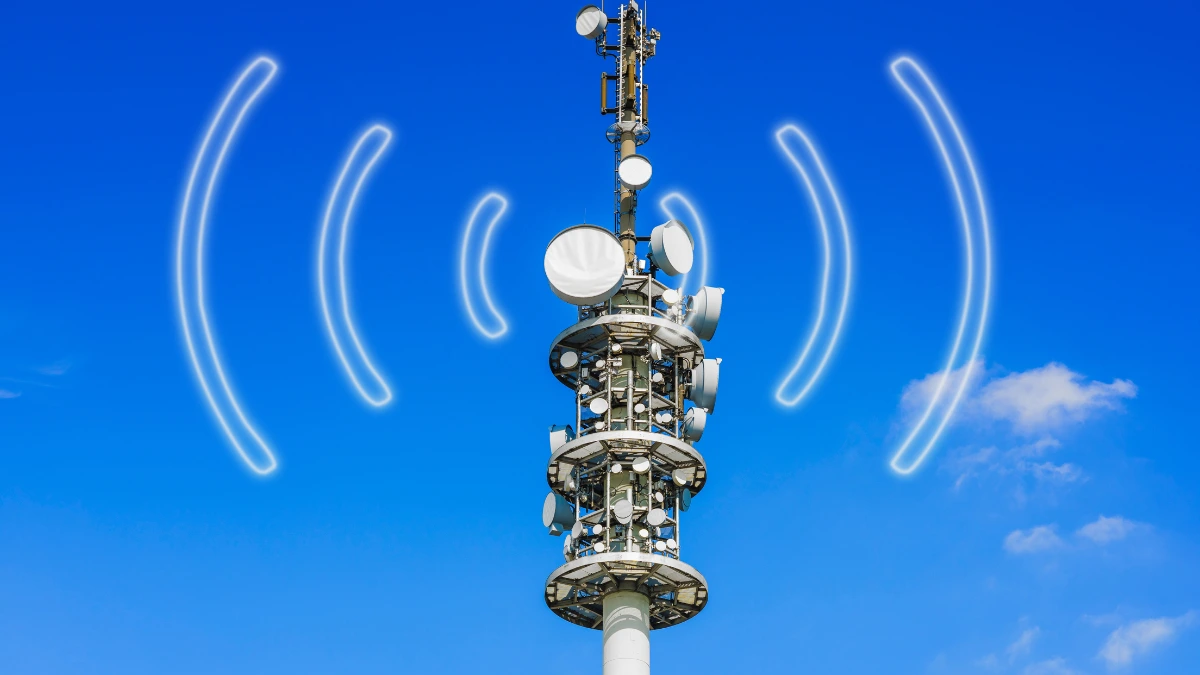A radio repeater provides many benefits, especially the ability to help overcome weak signals or no signals in some locations with hilly topography and areas with tall buildings. However, the advantages and disadvantages of radio repeaters cannot be easily separated, even though the benefits are evident.
The advantages and disadvantages of radio repeaters include improving network performance, overcoming obstacles, and flexibility of use, while the disadvantages include dependence on the network, a limited number of users, and potential security vulnerabilities.
This article will inform you about some of the advantages and disadvantages of radio repeaters that you can consider.
The Advantages and Disadvantages of Radio Repeater

Like any other technology, a radio repeater has several advantages that can be utilized and disadvantages to consider.
The advantages of a radio repeater include improving network performance, overcoming obstacles, and flexibility of use, while the disadvantages include dependence on the network, a limited number of users, and potential security vulnerabilities. Here are the advantages and disadvantages of radio repeater:
The Advantages of Radio Repeater
Here are some advantages of a radio repeater:
1. Improving network performance

One of the advantages of radio repeaters is that they improve network performance. Repeaters can increase the speed and stability of connections in areas with weak signals by amplifying the signal from the main source.
2. Extending signal range
Expanding the signal range is another advantage of this repeater. The limited signal range of the main station can be overcome with this device.
With a repeater, the radio signal from the main transmitter station will be amplified and retransmitted to a wider area.
3. Overcoming obstacles
With a repeater, physical obstacles that interfere with radio signals can be overcome. Physical obstacles such as buildings or difficult terrain can be penetrated with the help of a repeater. This allows the signal to reach areas that were previously inaccessible.
4. Flexibility of use
Another advantage of this repeater is its flexibility of use. The repeater can be installed as needed to expand the signal network. So you can install it in various locations, both indoors and outdoors.
The Disadvantages of Radio Repeater
Here are some disadvantages of a radio repeater:
1. Dependence on the network
One of the drawbacks of radio repeaters is their dependence on the network. As a device that only amplifies existing signals, repeaters are highly dependent on the main signal source. Therefore, their functionality may be compromised if the main signal source experiences issues.
2. Risk of network interference

Another drawback of repeaters is the risk of network interference. Since they rely on radio frequencies, there is a potential risk of network interference or interference from other devices. To avoid this issue, it is important to ensure that the repeater is installed correctly and not excessively.
3. Limited number of users
Radio repeaters have a limited number of users. There is a maximum number of users who can connect to an analog repeater at the same time, so not many devices can connect simultaneously to access the same network.
4. Potential security vulnerabilities
Another drawback of repeaters is the potential for security vulnerabilities. Like other digital technology devices, repeaters are vulnerable to hacking if not properly configured.
Those are the advantages and disadvantages of radio repeaters to consider before deciding to use them.
Despite its limitations, the radio repeater has improved network performance, extending signal range, and overcoming obstacles.